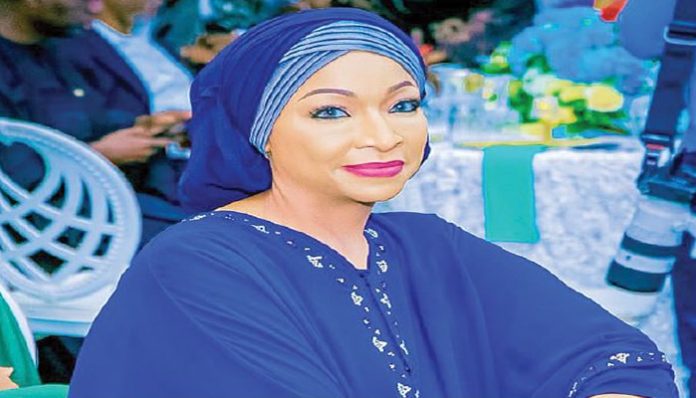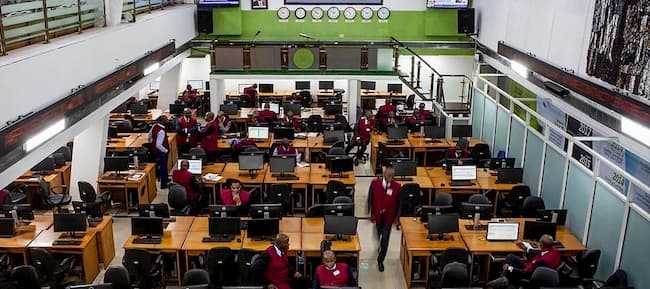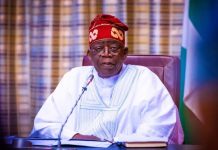The Nigerian government has outlined a strategy to boost its creative economy, aiming to generate at least $100 billion annually and create , from Nigeria’s creative economy yearly, over two million jobs.
Minister of Art, Culture, and the Creative Economy, Hannatu Musawa, unveiled the government’s eight-point plan and roadmap at a roundtable for investors in Lagos. She highlighted the industry’s immense potential, noting that it currently contributes only $5 billion to the economy despite its various developing sub-sectors.
She said statistics from the National Bureau of Statistics indicated that Nigeria’s creative economy has a very low contribution to overall GDP in comparison with benchmark countries, with the industry contributing just 1.2 per cent to Nigeria’s GDP in 2022, the least when compared to other African countries like Morocco (2.7 per cent), South Africa (3.0 per cent), and Egypt (4.3 per cent).
Also, she noted that Nigeria ranked low (1.0 per cent) in its ability to earn government revenue from the sector, compared to South Africa’s 12.5 per cent.
To achieve its ambition, Musawa said, “The ministry has identified 14 pivotal initiatives that will drive the sector’s growth and significantly boost government revenue $10bn – $20bn.”
She grouped these initiatives under four unique pillars, which include technology, infrastructure and funding, international culture promotion, and intellectual property monetisation.
The minister outlined plans to provide Nigerian creatives with improved and discounted digital tools, launch the Nigeria Content Distribution Initiative, conduct a study to size the creative industry and expand internet access in underserved regions to support these initiatives.
For infrastructure and funding, she said this entails cataloguing existing infrastructure for the Arts, Culture and Creative Economy and its current state, developing the appropriate infrastructure needed for the industry and leveraging public-private partnerships to fund development, providing incentives to stakeholders in the creative economy to boost investment and adoption of strategic initiatives, and launching a creative accelerator program to provide capital, and capacity building to creative companies.
Under international culture promotion, Musawa said, “The ministry will establish a culture promotion office collaborating with Nigerian embassies abroad, to promote Nigerian arts, culture and creative economy, and leverage AFCTA to boost Nigerian creative output export regionally and globally.”
To monetize intellectual property, Musawa said the ministry plans to establish international standard collection management organizations for most sectors and partner with the Nigeria Communications Commission on a copyright oversight initiative to improve tracking, monitoring, and enforcement.
He added that the ministry will develop an intellectual property framework and operationalize Nigeria’s IP licensing framework.
Musawa said, “Nigeria’s creative economy has the potential to grow by 400 per cent by 2027, positioning the sector to leapfrog in the long term and deliver the vision for the sector.”
She further revealed that the Ministry has already created several initiatives and entered collaborations towards the realisation of its set goals.
This article was written by Tamaraebiju Jide, a student at Elizade University














